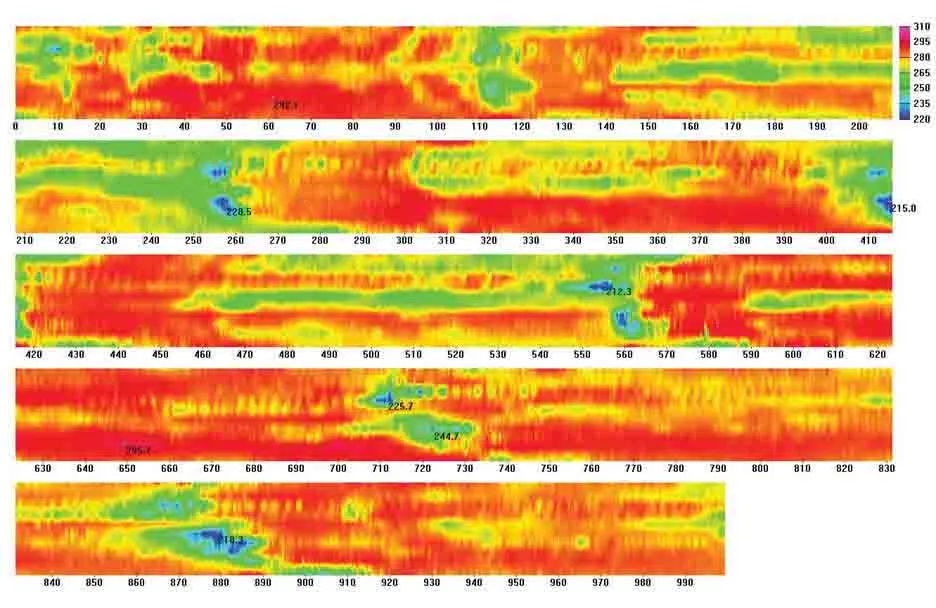Councils in England will be given more than £100 million (US$161.7 million) of extra funding to spend on repairing potholes, Transport Secretary Philip Hammond has said.
March 5, 2012
Read time: 2 mins
Councils in England will be given more than £100 million (US$161.7 million) of extra funding to spend on repairing potholes, Transport Secretary Philip Hammond has said.
The funding is in addition to the £831 million ($1.34 billion) already provided to councils for road maintenance this year and the £3 billion ($4.8 billion) the government has committed over the next four years.
The severe weather at the end of 2010 has left many local roads in a poor condition. Every local authority has a responsibility to properly maintain their roads, including planning winter resilience measures, but the exceptional weather has caused significant additional damage.
The Transport Secretary said: "Millions of motorists across the country have their daily drives ruined by potholes. And the awful winter weather we had this year is only going to make that problem worse.
"That is why, despite the tough financial position we are in, we are going to give councils over £100 million extra to help carry out much needed repairs to England’s roads.
"I am determined to see the winter damage to our roads fixed as quickly as possible and we will be working with councils to make sure that happens."
To make sure that councils are able to make use of this money as soon as possible, the funds will be distributed to English local authorities based on the amount and condition of roads the authority is responsible for rather than councils needing to apply for the funding.
In order to qualify for this extra funding and to promote greater transparency and accountability, local authorities will need to publish information on their website by 30 September, 2011 showing where this money has been spent.
The funding is in addition to the £831 million ($1.34 billion) already provided to councils for road maintenance this year and the £3 billion ($4.8 billion) the government has committed over the next four years.
The severe weather at the end of 2010 has left many local roads in a poor condition. Every local authority has a responsibility to properly maintain their roads, including planning winter resilience measures, but the exceptional weather has caused significant additional damage.
The Transport Secretary said: "Millions of motorists across the country have their daily drives ruined by potholes. And the awful winter weather we had this year is only going to make that problem worse.
"That is why, despite the tough financial position we are in, we are going to give councils over £100 million extra to help carry out much needed repairs to England’s roads.
"I am determined to see the winter damage to our roads fixed as quickly as possible and we will be working with councils to make sure that happens."
To make sure that councils are able to make use of this money as soon as possible, the funds will be distributed to English local authorities based on the amount and condition of roads the authority is responsible for rather than councils needing to apply for the funding.
In order to qualify for this extra funding and to promote greater transparency and accountability, local authorities will need to publish information on their website by 30 September, 2011 showing where this money has been spent.







